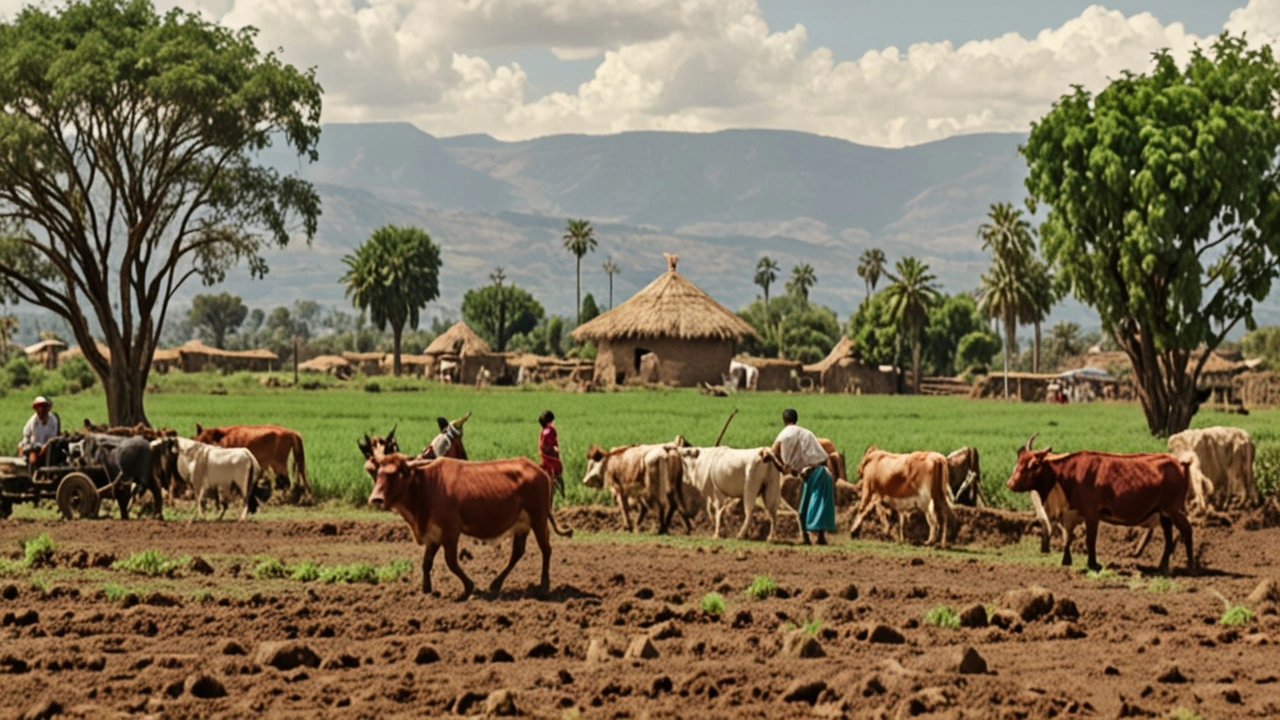Farming Jobs and Opportunities in Ethiopia
When you think about making a living in Ethiopia, farming is where much of the action happens. Agriculture is a big deal here—it’s how millions of people earn their keep. From small family plots to large-scale commercial farms, the opportunities are massive if you know where to look and how to get started.
Why does farming matter so much? For starters, Ethiopia’s climate and geography let farmers grow everything from teff and coffee to livestock and vegetables. These aren’t just pantry staples—they’re key exports that help drive the country’s economy. You’ll find that most rural families rely on the land not just for food, but for schools fees, healthcare, and daily expenses.
The good news is, things are changing quickly. With shifts in technology and fresh investment, there’s growing interest in making agriculture more profitable, especially for young people and savvy entrepreneurs. If you’re wondering about wages or how profitable farming can be, there’s a real range: smallholder farmers often earn modest sums, but those who invest smartly—maybe in irrigation, modern tools, or by going organic—see better returns. Areas around Addis Ababa and the Rift Valley are especially busy with new projects and cash crops.
Thinking of farming as just sowing and harvesting? Think again. There are jobs in crop management, livestock care, marketing, processing, and logistics. Techies are getting into agriculture, too—using drones to track crops, apps for weather updates, and platforms connecting farmers to buyers. If you’re coming from another field, especially IT or business, don’t be shy about transferring your skills.
Investment is another hot topic. Ethiopia’s government is keen on attracting both local and foreign investors to agriculture. That means incentives, support, and chances to team up with large cooperatives or export-focused ventures. Whether you want to start small or aim bigger, learning local customs and understanding regulations will save you headaches down the line.
Worried about challenges? They do exist: unpredictable weather, land access, market prices, and outdated techniques can all be tricky. But more folks are finding ways to work around these—adopting climate-smart farming, forming groups to bargain for better prices, or tapping loans from microfinance providers.
So, whether you’re just starting out or thinking of switching careers, farming in Ethiopia isn’t just basic labor. It’s full of growth, creativity, and impact. Keep an eye on the news, watch for new government programs, and don’t be afraid to ask around in local communities or job portals. The doors in agriculture are wide open for those ready to work hard and think outside the box.





